Psychology in physiotherapy
Psychology is an important aspect of physiotherapy as it can help address the emotional and psychological factors that may be contributing to a patient's physical symptoms. However, it is important to note that different physiotherapists may use different psychological approaches based on their training and experience, and there is no one "right" way to integrate psychology into physiotherapy.
Some physiotherapists may use Freudian, Jungian, or Adlerian psychology to inform their practice. Here are some ways that each of these psychological approaches could be applied in physiotherapy:
Freudian psychology: Freudian psychology emphasizes the role of the unconscious mind and early childhood experiences in shaping behavior and emotional functioning. In physiotherapy, a Freudian approach could involve exploring the patient's early experiences and identifying any unconscious beliefs or patterns that may be contributing to their physical symptoms. For example, a patient with chronic back pain may have unresolved emotional issues related to their relationship with their parents that are manifesting in physical pain.
Jungian psychology: Jungian psychology emphasizes the role of the unconscious mind, but places less emphasis on early childhood experiences and more on spiritual and symbolic elements of the psyche. In physiotherapy, a Jungian approach could involve exploring the patient's dreams, symbols, and archetypes to gain insight into their physical symptoms. For example, a patient with chronic neck pain may have recurring dreams of being choked, which could indicate unresolved emotional issues related to feeling trapped or restricted.
Adlerian psychology: Adlerian psychology emphasizes the importance of social and cultural factors in shaping behavior and personality. In physiotherapy, an Adlerian approach could involve exploring the patient's social and cultural background to gain insight into their physical symptoms. For example, a patient with chronic shoulder pain may have learned to suppress their emotions and over-rely on their physical strength as a result of growing up in a family or culture that values stoicism and physical toughness.
It is important to note that these psychological approaches are just a few examples of the many ways that psychology can be integrated into physiotherapy. Ultimately, the most effective approach will depend on the individual needs and goals of each patient, as well as the training and expertise of the physiotherapist. Physiotherapists who integrate psychology into their practice should have appropriate training and qualifications in both fields to ensure safe and effective treatment.
